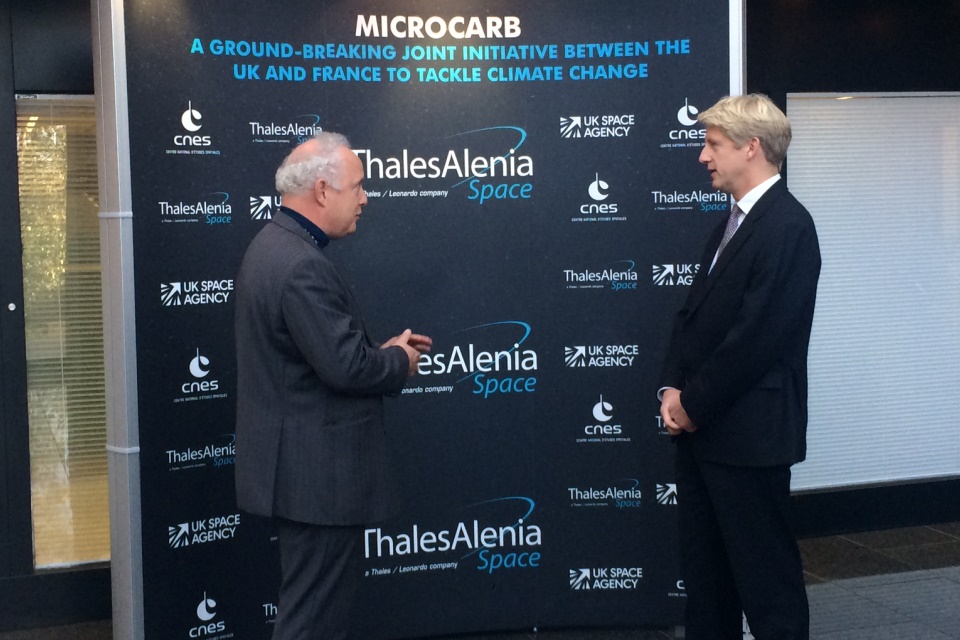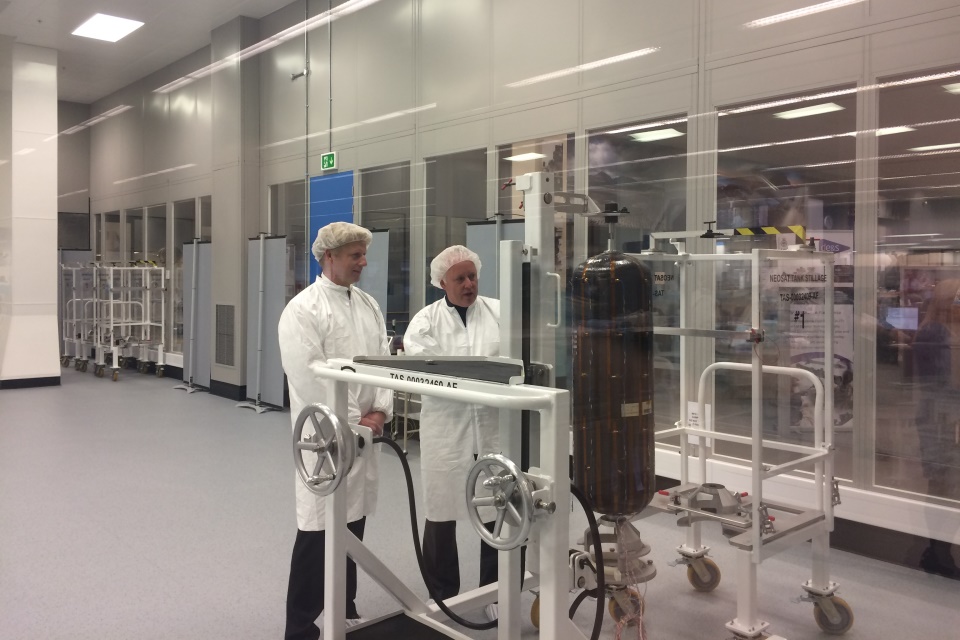Councils across England are set to receive a further £18 million to help alleviate pressures on local services such as housing, education and health services resulting from recent migration.
The government recognises that local authorities understand their local communities best and can identify specific pressures on services that can result from high, concentrated or short-term migration. Councils receiving these grants have developed specific plans to ease local pressures arising from migration and at the same time providing overall benefits to their wider communities.
Communities Minister Lord Bourne said:
In some places population change in a short space of time has put pressure on local services and we’re clear there are things we can do to address these problems.
This new funding will help councils rise to the challenge of reducing the impact of migration on local communities in a variety of ways – whether that’s tackling the small minority of landlords who damage neighbourhoods with overcrowded properties, providing English language classes to ensure effective integration.
The grants are the second allocations from the £100 million Controlling Migration Fund, following an initial allocation of £15 million awarded earlier this year.
Many of the projects supported will provide English language lessons to allow new residents to contribute to and feel part of their communities. They will also include education around British values and social norms, breaking down cultural barriers.
The fund is helping to ease pressures on local services but there’s still more work to do to bring net migration down further to sustainable levels. That is why government has reformed routes to the UK from outside Europe, and will get control of our borders and negotiate the right deal in the national interest in our Brexit negotiations.
Lord Bourne added:
It’s great to see so many projects tackling the problems of poor integration in their communities by, for example, allowing migrants to access the benefits of good English. This will create stronger relationships between neighbours and unlock better services for all.
Boston council in Lincolnshire will receive over £1 million to fund a wide range of integration projects, including additional sport and gym facilities where there is pressure on services, community sport sessions and encouraging volunteering from all communities.
Boston borough council Leader Councillor Michael Cooper said:
We’ve been awarded this money in recognition of the impact that migration has had locally. Our partnership will focus on doing things that our residents have told us are important to them.
We will extend the availability of advice services, enforcement capacity, community leadership and volunteering opportunities and importantly, we will support the development of English language skills to support people to communicate effectively with public services to help save time and money and increase efficiency and effectiveness.
Peterborough’s project will help new residents navigate services and provide additional capacity for the whole community. Citizen’s Advice Peterborough is receiving £288,000 to provide advice in a range of locations across the city and help an additional 4,000 clients a year from across the community.
Councillor Irene Walsh, Peterborough City Council Cabinet Member for Communities said:
We are delighted to receive this funding from the Controlling Migration Fund as it will allow even more people to benefit from the valuable service provided by Citizens Advice Peterborough in more locations across the city.
The Controlling Migration Fund is designed to support local areas facing pressures linked to recent immigration. See further details in the
Controlling Migration Fund allocations table
(PDF, 37.4KB, 13 pages)
.
This funding will supplement local authorities’ budgets of £200 billion across the 4 year period up to 2020.
The Fund is available over the 4 years from 2016-17 to 2019-20, and is in 2 parts:
- ‘local service impacts’ totalling £100 million, led by the Department for Communities and Local Government, to help local authorities in England and their communities experiencing high and unexpected volumes of immigration to ease pressures on local services
- enforcement, led by Immigration Enforcement, worth £40 million to direct enforcement action to reduce the impact of migration on local communities; Immigration Enforcement are on track to meet their commitments under the Fund, including through supporting Rochdale’s Operation Maverick
- the government has been reviewing the available evidence on the main causes of poor integration; in the coming months we will bring forward plans for tackling these issues through a new integration strategy, to help people in more isolated communities, including migrants, to integrate into UK society



